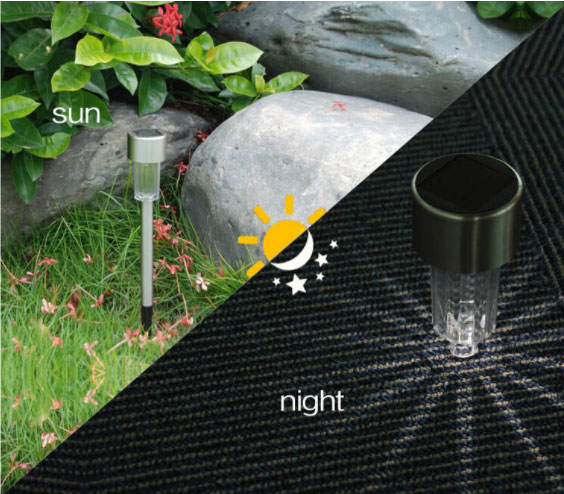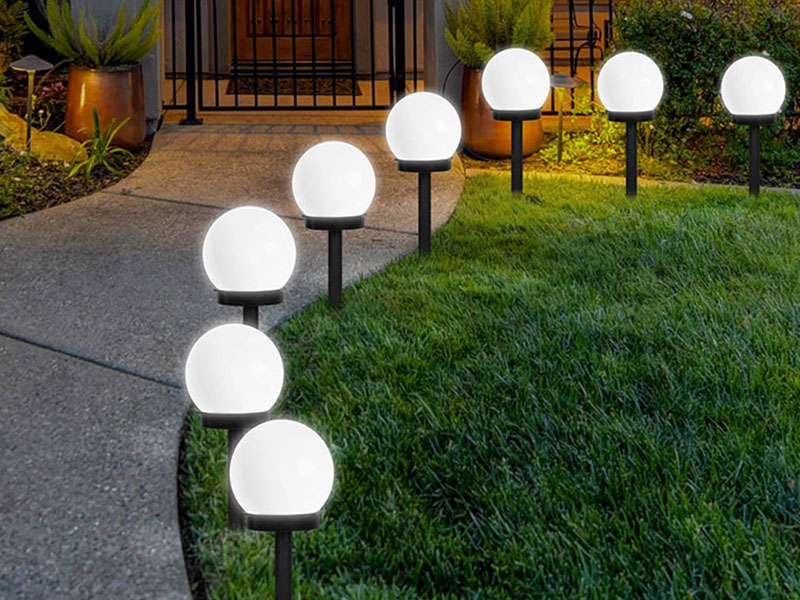What Are the Benefits of Scented Candles?
2024-10-01
What are the benefits of scented candles?
Scented candles are more than just decorative items to enhance your living space. They have several therapeutic benefits and can provide a range of advantages, including:
Do scented candles help to relieve stress?
Yes, scented candles with specific fragrances like lavender, jasmine, and rose can have a calming effect on your senses. They promote relaxation, reduce anxiety levels, and help in stress relief. By lighting a scented candle in your bedroom or bathroom, you can create a sanctuary in your own home.
Can scented candles improve the quality of your sleep?
Yes, scented candles can enhance the quality of your sleep when used in combination with other relaxing activities. Their soothing fragrances can help you to feel calm and relaxed, promoting better sleep quality.
Are scented candles a natural remedy for headaches?
Yes, certain scented candles can aid in headache relief. Candles with eucalyptus, peppermint, and rosemary scents have proven to alleviate headaches and migraines. These scents work by increasing blood flow and reducing tension in the muscles.
Can scented candles improve your mood?
Yes, scented candles can change your mood and improve your overall well-being. Fragrances like citrus scents can lift your mood, while vanilla and floral scents can create a happy and calm atmosphere. By using scented candles instead of harsh chemicals, you can naturally improve your mental and emotional health.
How do different candle holders affect the aromatherapy benefits of scented candles?
Candle holders can influence the aromatherapy benefits of scented candles. Different materials have different effects. Glass holders are the most common and allow the fragrance to spread throughout the room. Wooden candle holders absorb the wax overflow, which adds a natural element to the ambiance. Meanwhile, metal candle holders distribute the heat evenly which reinforces the scent's aroma.
In Conclusion
In conclusion, scented candles have several benefits for our physical, mental, and emotional health. They are an all-natural way to enhance our surroundings and promote relaxation, reduce stress and anxiety levels, and improve our mood and overall well-being. Choose the right scent and candle holder combination to fully enjoy the therapeutic benefits of these beautiful candles in your home.
Ningbo Haishu Houde Commodity.co.,Ltd. is a reputable candle manufacturer that offers premium-quality candles and candle holders. Our products are made from natural materials and are available in a wide range of scents and designs. We are committed to providing our clients with exceptional customer service and delivering their orders on time. Visit our website at https://www.ideamage.net to view our collection and place your order today. For inquiries, please contact us via email at contact@ideamage.com.
Scientific Papers on the Benefits of Scented Candles
1. Eisenberg, D., et al. (2010). "Effects of scents on mood, cognition, and performance." International Journal of Neuroscience, vol. 120, no. 5, pp. 325-340.
2. Lehrner, J., et al. (2005). "Ambient odors of orange and lavender reduce anxiety and improve mood in a dental office." Physiology and Behavior, vol. 86, no. 1-2, pp. 92-95.
3. Baron, R. A. (1993). "The sweet smell of...helpfulness? Effects of pleasant ambient fragrance on prosocial behavior in shopping malls." Personality and Social Psychology Bulletin, vol. 19, no. 3, pp. 311-318.
4. Kuroda, A., et al. (2005). "Sedative effects of the jasmine tea odor and (R)-(-)-linalool, one of its major odor components, on autonomic nerve activity and mood states." European Journal of Applied Physiology, vol. 95, no. 2-3, pp. 107-114.























































